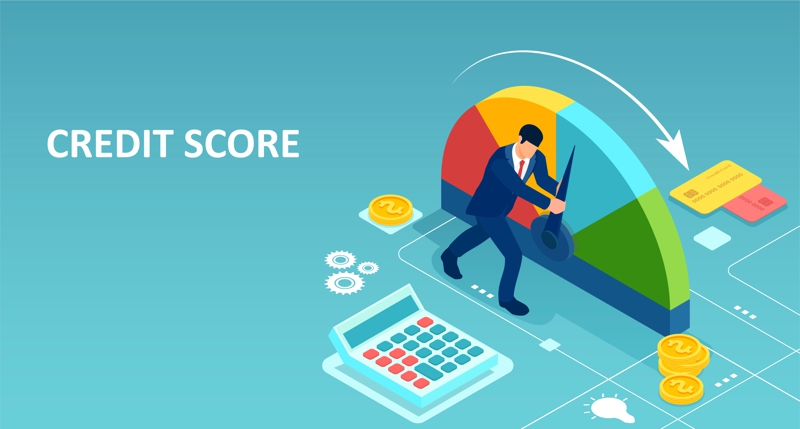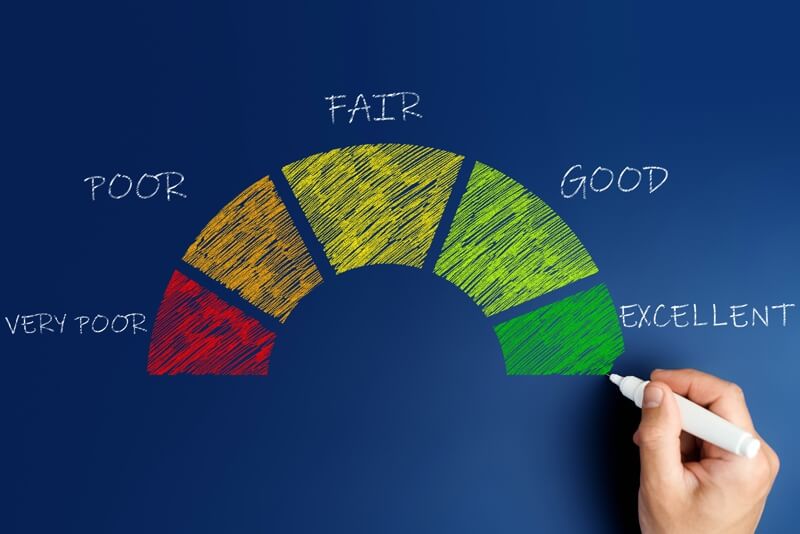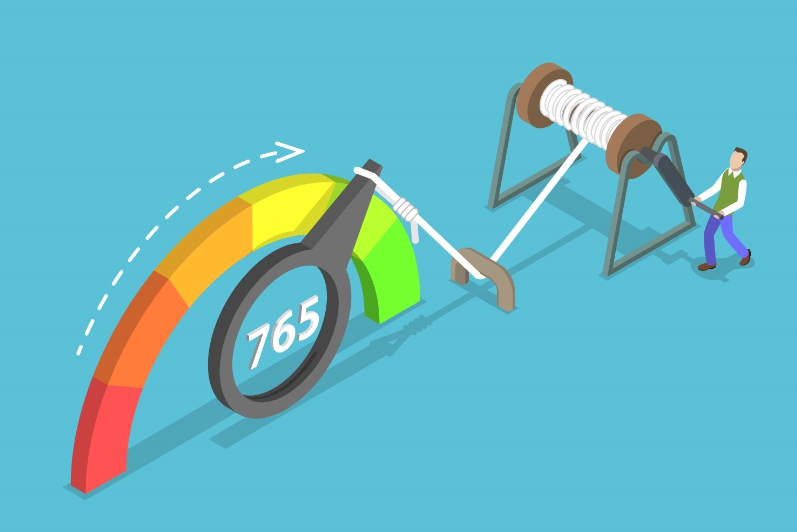Learn How to Build Credit & Stabilize Finances
There is no golden rule or short-cut formula to establish your credit-worthiness overnight. The foundation for a trustworthy credit history lies within transparent, responsible, and consistent financial habits. Simple hacks like paying on time, borrowing what you can afford, not exceeding credit limits showcase patterns of stability and build your credit score over time for future benefits.
Roundleaf’s credit education programs help you cut through the vast minefield of finance jargon, teach in-depth financial planning and effectively improve credit scores. Our guidance has helped hundreds of individuals to achieve 700+ credit scores.




